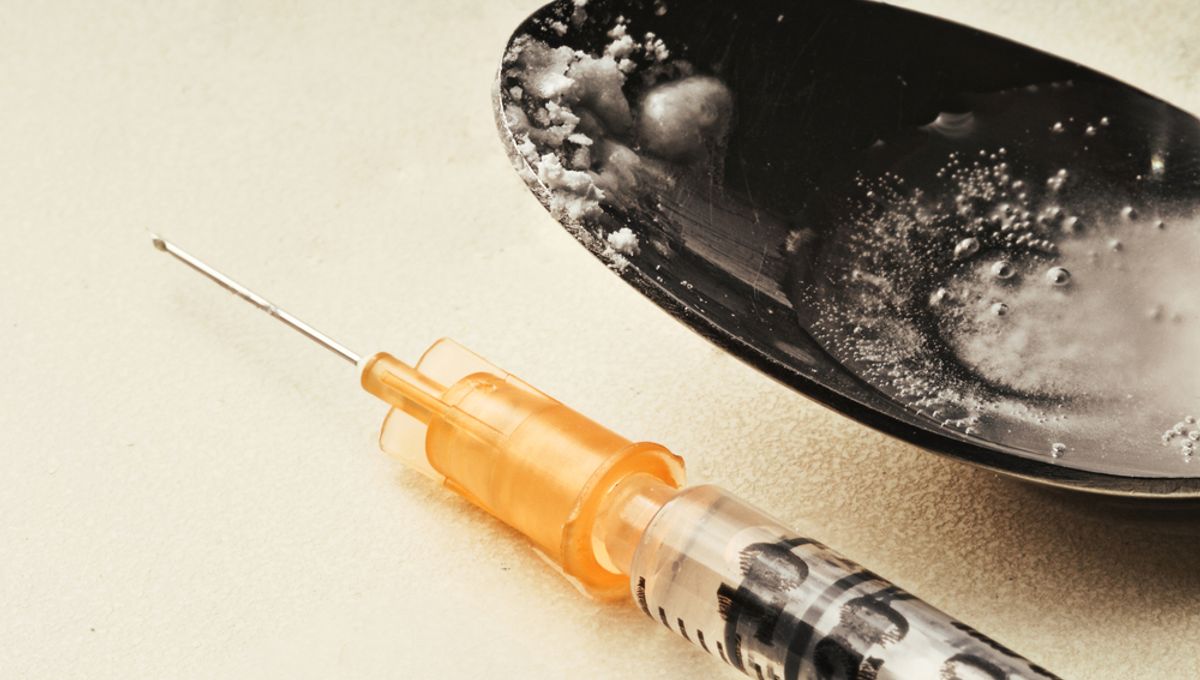
A dangerous animal tranquilizer not approved for human use has been appearing in more and more street drugs like heroin and fentanyl in Massachusetts, according to the Massachusetts Drug Supply Stream (MADDS). The problem has become more noticeable since the beginning of the COVID-19 pandemic and is likely to be indicative of a wider trend in North America.
Known as “tranq” or “tranq dope” on the streets, but scientifically called xylazine, the drug was first detected by MADDS in March 2021. In 2021, xylazine was detected in 31 percent of 398 opioid samples they tested in Massachusetts. By mid-2022, that figure was 28 percent of 263 opioid samples tested statewide.
Massachusetts isn’t the only place seeing drugs being cut with this stuff. A study last year found a growing presence of xylazine in heroin and fentanyl deaths reported in Philadelphia between 2010–2019, leading the researchers to conclude that this issue needs to be monitored elsewhere in the US. Health authorities in British Columbia have also highlighted the problem after detecting xylazine in samples of drugs picked up in the Canadian cities of Cranbrook and Kelowna.
In most of these cases, it’s likely that xylazine is being added unknowingly to drugs. Its effects are relatively similar to those seen with heroin and fentanyl, hence why it’s being used as a cutting agent for these drugs. However, xylazine comes with its own host of dangers, especially if used unknowingly.
Xylazine is a veterinary tranquilizer not approved for humans, commonly used to sedate dogs, cats, horses, elk, and deer. When people take the drug, they feel heavily sedated for hours at a time. It also leaves people dangerously unresponsiveness with low blood sugar, low blood pressure, slowed heart rate, and shallow breathing.
Crucially, however, it is not an opioid. This is important because it means medicines used to rapidly reverse an opioid overdose, such as Narcan (naloxone), will not work.
Xylazine also appears to be linked to fatal overdoses in Massachusetts, although this relationship is not yet crystal clear. In 2021, 5 percent of samples found to contain xylazine were associated with a fatal or nonfatal overdose also involving fentanyl, according to MADDS.
Open skin ulcers and nasty abscesses are another huge concern. Evidence from Puerto Rico, where xylazine has a strong presence as a recreational drug, suggests that skin ulcers are a major problem within the drug-using community. Not only can these oozing and foul-smelling wounds be extremely painful, but the open wounds can also increase the risk of infection. There are even instances where people have had to receive amputations because their sores have become so severe.
A recent investigation by Kaiser Health News (KHN) and NPR saw reporters talk to people working on the frontline of Massachusetts’ drug crisis, focusing on the unlikely rise of xylazine across the state. Along with a recent surge of 911 calls and overdoses linked to the drug, healthcare workers have noted the devastating impact the animal tranquilizer is having on the people of Massachusetts.
“We’re seeing people who’ve been sexually assaulted. They’ll wake up and find that their pants are down or their clothes are missing, and they are completely unaware of what happened,” Dr Laura Kehoe, medical director at Massachusetts General Hospital’s Substance Use Disorders Bridge Clinic, told KHN and NPR.
Source Link: Streets Drugs Laced With "Tranq Dope" Animal Sedative Are On The Rise